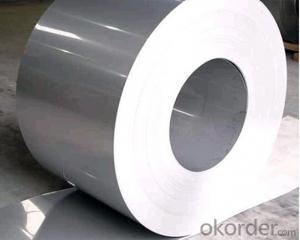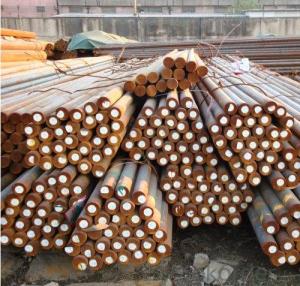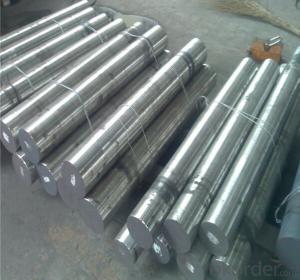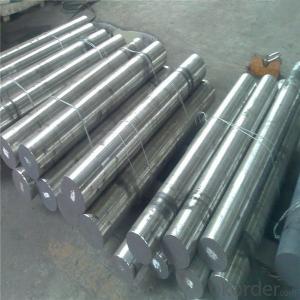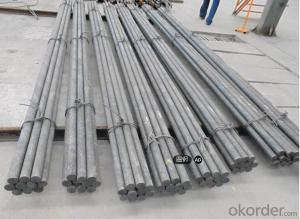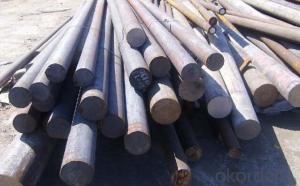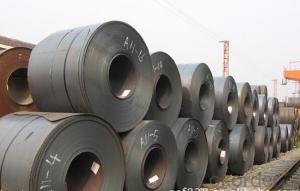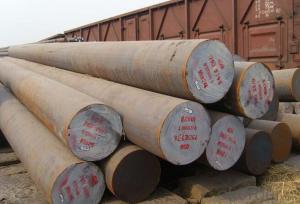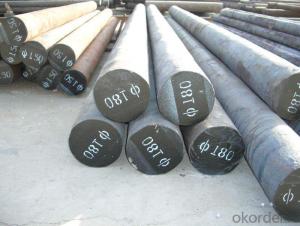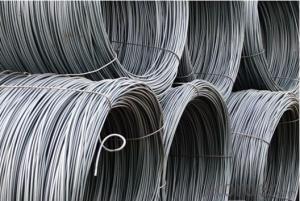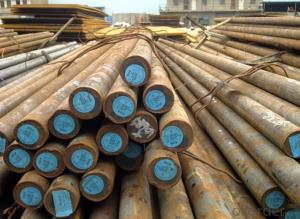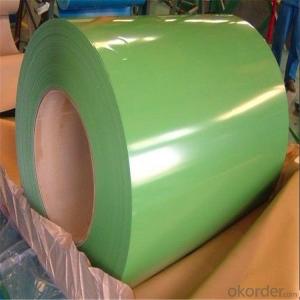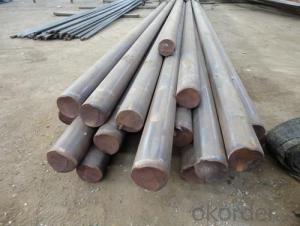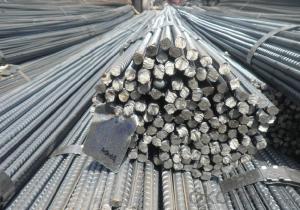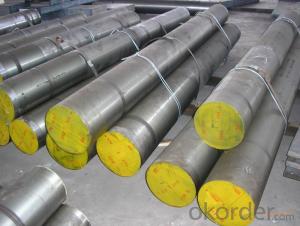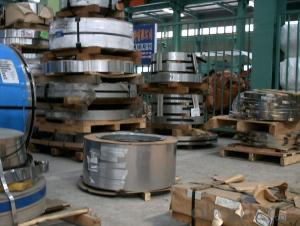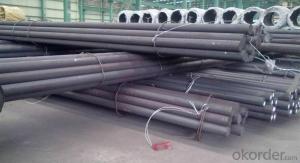All Categories
- - Steel Wire Rod
- - Steel Coils
- - Steel Profiles
- - Steel Pipes
- - Stainless Steel
- - Tinplate
- - Special Steel
- - Steel Sheets
- - Steel Rebars
- - Steel Strips
- - Hot Rolled Steel
- - Cold Rolled Steel
- - Pre-painted Steel
- - Seamless Steel Pipe
- - Welded Steel Pipe
- - Hollow Steel Tubes
- - Galvanized Pipe
- - Stainless Steel Coil
- - Stainless Steel Sheet
- - Stainless Steel Plate
- - Stainless Steel Strips
- - Electrolytic Tinplate Coil
- - Electrolytic Tinplate Sheet
- - Stainless Steel Rebars
- - Solar Panels
- - Solar Water Heater
- - Solar Related Products
- - Solar Inverter
- - Solar Cells
- - Solar Light
- - Solar Energy Systems
- - Solar Controllers
- - Solar Mounting System
- - Solar Pump
- - Solar Chargers
- - Fiberglass Chopped Strand
- - Fiberglass Mesh Cloth
- - Composite Pipes
- - FRP Pultrusion Profiles
- - Fiberglass Mat Tissue
- - Fiberglass Fabrics
- - Fiberglass Mesh
- - Composite Tank
- - Fiberglass Mesh tape
- - Polymer
- - FRP Roofing Panel
- - Fiberglass Roving
- - Monolithic Refractories
- - Ceramic Fiber Products
- - Refractory Bricks
- - Raw Materials For Refractory
- - Suspended Platform
- - Cranes
- - Concrete Machinery
- - Earthmoving Machinery
- - Building Hoist
- - Road Building Machinery
- - Plastic Pipe Fittings
- - Plastic Tubes
- - Plastic Sheets
- - Agricultural Plastic Products
- - Plastic Nets
 All Categories
All Categories
Q & A
Can you describe the importance of metallurgical testing in quality control for special steel?
Metallurgical testing plays a crucial role in quality control for special steel. It helps ensure that the steel meets the required standards and specifications, guaranteeing its reliability and performance in various applications. By examining the microstructure, mechanical properties, and chemical composition of the steel, metallurgical testing can detect any defects, impurities, or inconsistencies that may compromise its quality. This testing also helps identify the optimal heat treatment processes and parameters needed to enhance the steel's properties, such as strength, hardness, and corrosion resistance. Ultimately, metallurgical testing ensures that special steel products are of high quality, meeting the specific needs and expectations of industries such as aerospace, automotive, and construction.
Explain the role of steel in the production of renewable energy equipment, including wind turbines.
Steel plays a crucial role in the production of renewable energy equipment, specifically wind turbines. Wind turbines require steel for various components such as the tower, nacelle, rotor, and foundation. Steel's strength, durability, and ability to withstand harsh environmental conditions make it an ideal material for these critical components. Additionally, steel's recyclability and sustainability align with the renewable energy industry's commitment to minimizing environmental impact. Overall, steel's use in the production of wind turbines helps ensure the efficiency, reliability, and longevity of renewable energy equipment.
What are the distinguishing properties of stainless steel, and why is it corrosion-resistant?
Stainless steel is characterized by its high resistance to corrosion, making it a highly desirable material in various industries. The distinguishing properties of stainless steel include its chromium content, which forms a thin, invisible layer of chromium oxide on the surface. This layer acts as a protective barrier against corrosion, preventing the metal from reacting with its environment. Additionally, stainless steel also contains other alloying elements such as nickel and molybdenum, which further enhance its corrosion resistance. The combination of these properties makes stainless steel highly durable and capable of withstanding harsh conditions, making it an ideal choice for applications where corrosion is a concern.
What is the impact of impurities on the quality of special steel?
The presence of impurities in special steel can have a significant impact on its quality. Impurities can affect the steel's mechanical properties, such as strength, hardness, and ductility, and can also influence its resistance to corrosion and other forms of degradation. Even small amounts of impurities can cause structural weaknesses or reduce the steel's performance in specific applications. Therefore, strict control of impurities is crucial in ensuring that special steel meets the required quality standards and performs optimally in various industrial sectors, including automotive, aerospace, and construction.
Wholesale Special Steel from supplier in Yemen
We are a Special Steel supplier serving the Yemen, mainly engaged in the sale, quotation, and technical support services of various Special Steel products in the Yemen region. We are a subsidiary platform of the Fortune Global 500 company CNBM, able to provide you with one-stop Special Steel procurement services in the Yemen. Not only do we have a wide range of Special Steel products, but after years of market development in the Yemen, we can also provide valuable experience for your projects.
